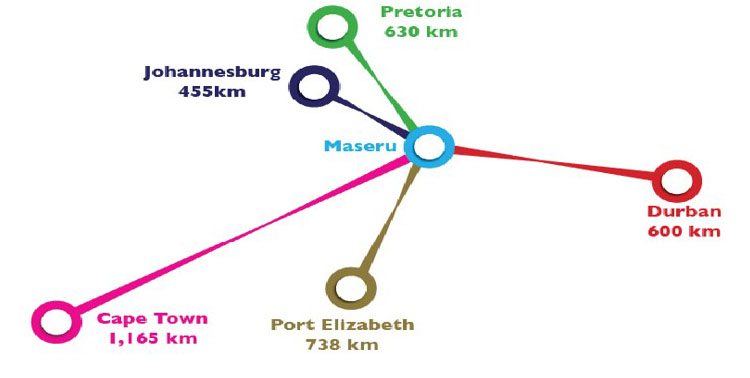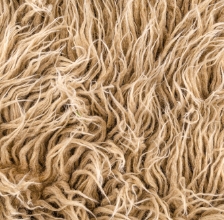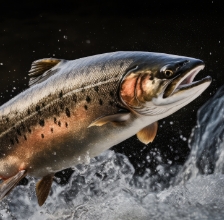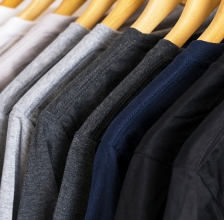Why Lesotho
Trade preferences
Regional / African market
SACU, the world’s oldest customs union, is an opportunity for Lesotho to effectively expand the small size of its domestic market. SACU includes Botswana, Namibia, South Africa and Swaziland, giving access to a combined GDP of over $400 billion – nearly 200 times the size of Lesotho’s economy. SACU, especially South Africa, presents substantial market opportunities for investors based in Lesotho. The common monetary area arrangements (refer Section 6), which hold the Lesotho loti (LSL) and the South African rand at parity, enhances the opportunity for trade and the attraction of investment.
Lesotho has reciprocal free trade with members of the Southern African Development Community (SADC), which comprises of sixteen (16) member states.
The African Continental Free Trade Area (AfCFTA) is a legal framework that aims to ease the flow of goods and services across national borders. It is a market shared by 55 African Union Member States that committed to eliminate tariff and non-tariff barriers on trade in goods as well as facilitating free movement of services across the continent. The Agreement came into force in February 2017 and its implementation in January 2021.
Good transport links with South Africa

- Good Serviced land for transport, clean water and sewage systems
- Industrial estates near port of entry and exit for easy imports and exports
- Abundant water
- Reliable hydro-electricity
- Telecommunications – connection to the submarine cable system
- Road infrastructure connecting Lesotho to air and sea ports.
- Research and development (R&D) expenses are deductible provided they are incurred on production income subject to tax
- 10% corporate tax on profits generated from the sale of goods produced from manufacturing and agricultural activities in Lesotho
- 15% withholding tax on payments made in respect of external management/technical fees, interest and royalties related to manufacturing income
- 25% withholding tax in dividends distributed, from other incomes by resident companies to non-resident companies
- 10% withholding tax rate on service contracts with non-residents
- No withholding tax on dividends distributed from manufacturing income by resident companies to non-resident shareholders
- 100% depreciation allowance on investments in mining equipment.
- 25% corporate income tax on profits generated from the sale of goods and service in all other sectors.
- Agricultural inputs and animal feeds are zero rated
- Pipe water is exempted from VAT
- Reduced rate for electricity (8%)
- Exports are zero rated
- Training or tertiary education expense allowable at 125%
- Competitive labour costs
For more information on Tax services visit the Lesotho Revenue Services website

Water
Lesotho exports bulk water to South Africa to relieve drought and industrial water shortage. Most water sources in the region are based in Lesotho.
The Lesotho Highlands Water Project (LHWP) is a multi-phased project to provide water to the Gauteng region of South Africa and to generate hydro-electricity for Lesotho

Diamonds
Some of Lesotho’s most valuable diamonds are auctioned to the United states and European union.
Lesotho has a number of mines regulated by the Ministry of mining in Lesotho which also promotes investment in the mining sector.

Wool and Mohair
Lesotho is the 2nd leading mohair producer. Wool and mohair are the longest agricultural exports.
The ministry of Ministry of Agriculture, Food Security and Nutrition in Lesotho facilitates the trade and investment promotion of wool and mohair.

Trout
Lesotho Exports trout to Japan, South Africa and recently to the United states

Apparel
Lesotho is one of the largest exporters to the United states market under the African Growth and Opportunity Act (AGOA)
